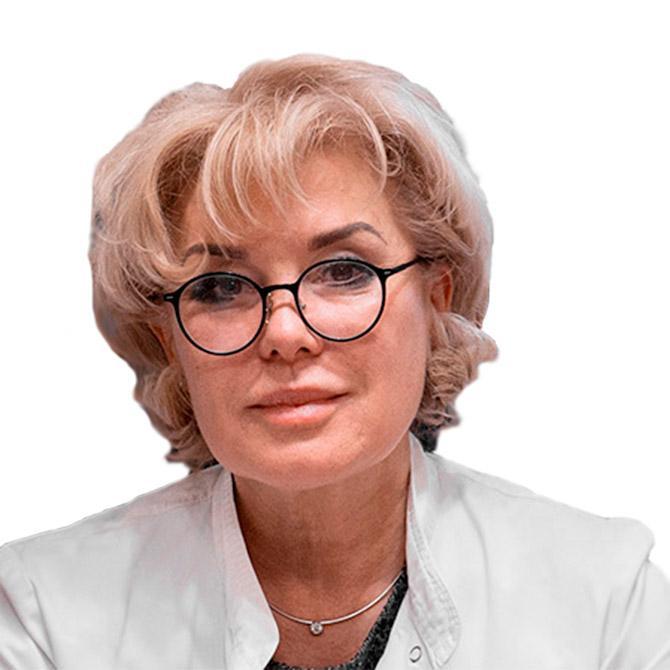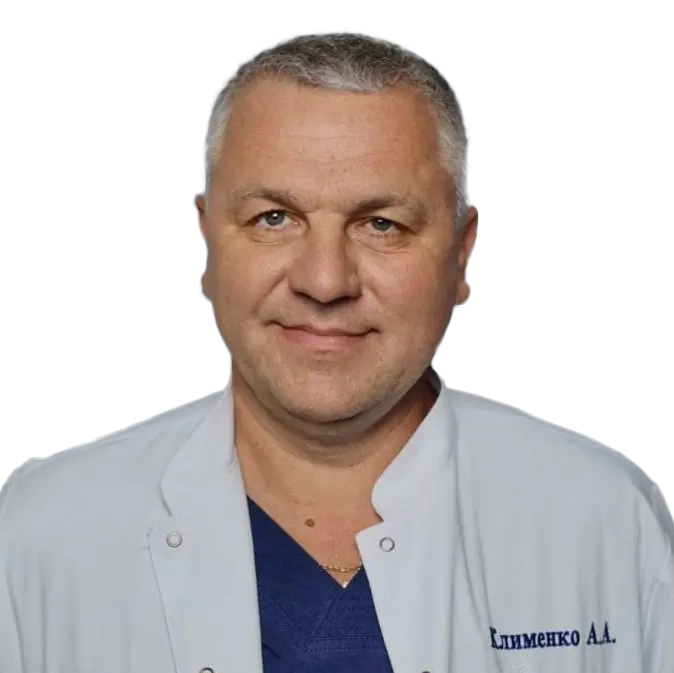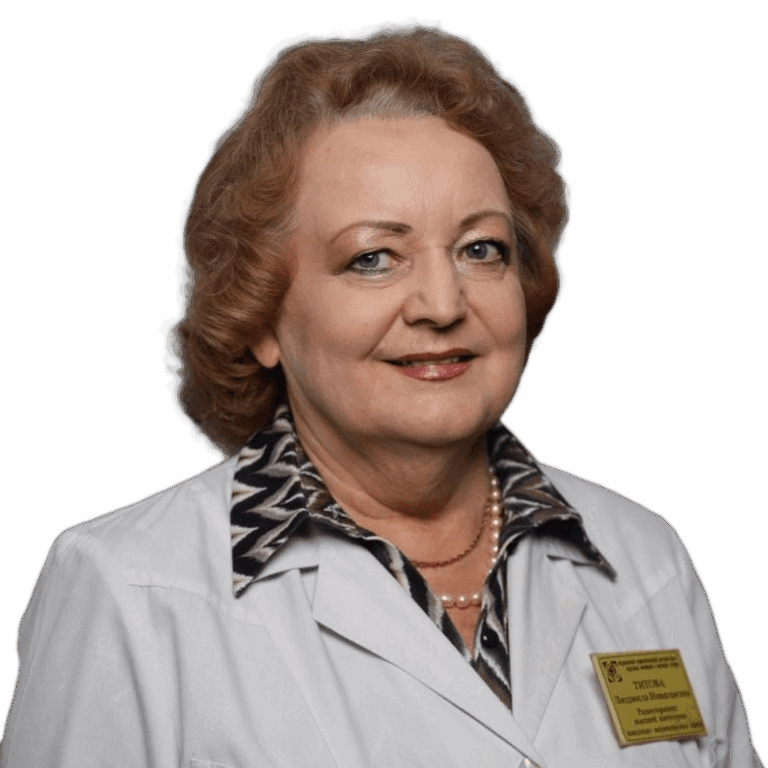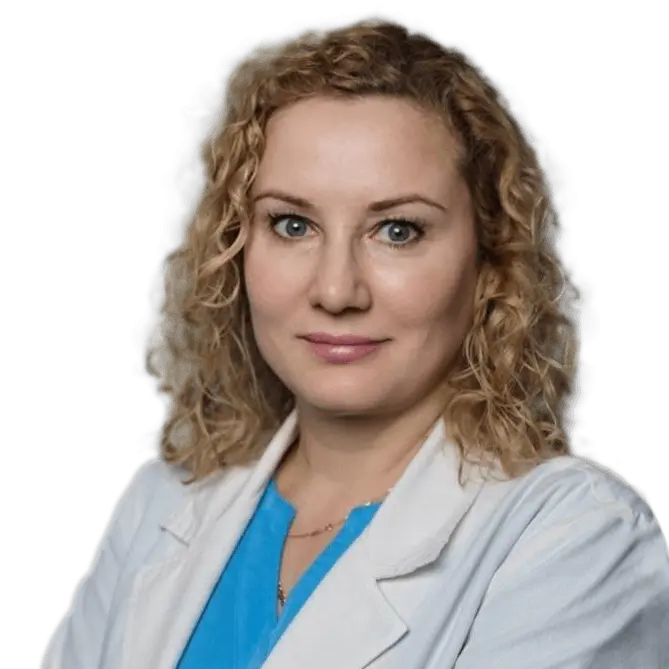
In vitro fertilization
In vitro fertilization which is the part of the ART group (assisted reproductive technologies). It includes a number of procedures designed to achieve pregnancy using modern reproductive techniques.
The introduction and development of in vitro fertilization is undoubtedly considered a breakthrough in science and medicine. In vitro fertilization makes it possible for women diagnosed with infertility to find the joy of motherhood. Pregnancy is achieved through careful selection and preparation of a suitable in vitro fertilization protocol, hard work of a team of doctors and patient discipline. Do not despair if the first attempt of in vitro fertilization is not successful – the possibilities of modern reproductive medicine are quite variable, which allows applying an expanded range of techniques to achieve pregnancy.
Earlier in vitro fertilization was considered to be a costly and difficult treatment. Today, in vitro fertilization is no longer an experimental method and, moreover, it is done free on compulsory medical insurance in A.Tsyb Medical Radiological Research Centre – branch of the National Medical Research Radiological Centre of the Ministry of Health of the Russian Federation in the department of new medical technologies with the group for the treatment of breast diseases.
In addition to in vitro fertilization, all modern protocols of assisted reproductive technologies are also implemented here:
- Correction of severe forms of male infertility by injection of sperm into the oocyte;
- sperm and oocyte donation;
- cryopreservation of biological material;
- program of embryo transfer after cryopreservation;
- pre-implantation genetic testing of embryos.
Implementation of in vitro fertilization in A. Tsyb MRRC
Since 2013, professional fertility doctors have been conducting in vitro fertilization in the department of new medical technologies with a group for the treatment of breast diseases headed by Marina Viktorovna Kiseleva. During this time, more than 200 women have become mothers, and each child is a real happiness and victory, because the doctors take on even the most difficult clinical cases.
Repeated successful attempts of in vitro fertilization prove the highest level of skill and competence of specialists even in the most complex clinical cases. Advanced technical capabilities and the enormous experience enable women to carry pregnancy to term and give birth to a healthy child even after aggressive cancer treatment.
What do we offer our patients?
- personalized approach to each patient;
- highly qualified specialists with extensive experience in practice and research;
- dynamic scientific activity of the department;
- training of specialists and participation in the largest Russian and international medical forums;
- high-precision diagnostics;
- the laboratory with advanced equipment;
- proper preparation for in vitro fertilization and pregnancy support;
- integrated and multidisciplinary approach.
Types of in vitro fertilization
In vitro fertilization is implemented according to several protocols. Depending on the indications, one of the protocols are chosen for women:
- In vitro fertilization with stimulation;
- In vitro fertilization in a natural cycle.
Make an appointment at A. Tsyb MRRC to receive a consultation, during which you can find out how in vitro fertilization is done, what medical tests are required, what the preparation involves, which protocol is right for you and how the pregnancy goes after the procedure.
In what cases is in vitro fertilization prescribed?
In vitro fertilization is a unique technique that allows people who have a history of reproductive dysfunction or have undergone aggressive treatment to become parents.
In vitro fertilization is prescribed strictly on the basis of medical indications in the presence of the following factors:
- fallopian tube dysfunction;
- inflammatory processes and other pathologies of the uterus;
- hormonal factor;
- serious genetic disorders.
Can a woman give birth to a healthy child after cancer treatment?
Definitely yes! Recently, the age for cancer incidence has been decreasing, and considering the aggressive treatment, which can have a detrimental effect on the functioning of women’s reproductive organs, the issue of Motherhood Deferred has become very important.
A. Tsyb MRRC is actively working on the program Preserving Fertility in Cancer Patients, which allows women who have undergone radio- and chemotherapy to become mothers. In vitro fertilization in such cases requires more thorough and lengthy preparation, however, it is possible and, thanks to this program and the doctors’ efforts, more than 60 children have already been born.
Factors affecting the success of in vitro fertilization
There are a number of factors that influence the possibility of conception, how effective in vitro fertilization will be, and how the pregnancy and childbirth will proceed:
- woman’s age;
- duration of infertility diagnosis;
- quality of reproductive cells;
- general anamnesis;
- pathologies of internal organs;
- endometrial structure;
- current health indicators of the body.
Pregnancy as a result of in vitro fertilization has one characteristic feature – a high probability of premature birth. This is due to the frequent occurrence of multiple pregnancies, in which preterm birth is common. To avoid this, in the absence of contraindications, one embryo (or sometimes two) is transferred.
How do you prepare for in vitro fertilization?
Preparing for in vitro fertilization is the first step on the way to pregnancy. When choosing in vitro fertilization, a couple should undergo a thorough examination of reproductive function to avoid the development of complications. Diagnostic measures before the procedure make it possible to identify possible contraindications or health problems at the initial stage and eliminate them. After the examination, the reproductive specialist determines preparation plans for IVF for spouses on an individual basis.
Standard diagnostics for women:
- consultations with specialists;
- functional diagnostics (ultrasound, mammography for women over 35 years old, ECG, fluorography);
- blood and urine tests (including TORCH complex and blood test for HIV, hepatitis B/C, syphilis);
- cytological examination of smears from the cervix and cervical canal;
- diagnosis of urogenital infections;
- PCR test;
- consultation and conclusion of a general practitioner;
- test of hormonal levels.
Standard diagnostics for men:
- consultations with specialists;
- blood and urine tests (including blood tests for HIV, hepatitis B/C, syphilis);
- study of hormonal levels;
- spermogram;
- MAR test;
- PCR test.
The final list of necessary tests and studies is determined by your doctor.
Based on the results of the examination, your doctor will select the most preferable option for IVF and, if necessary, prescribe preparatory treatment.
How is in vitro fertilization done?
To increase the possibility of pregnancy, women are prescribed hormonal medications to stimulate folliculogenesis. The optimal dosage of the medication is determined individually, taking into account all indicators – the woman’s age, BMI and the results of the initial ovarian diagnosis.
Based on the diagnosis results at the preparation stage and the selected IVF protocol, your doctor will determine the day on which the treatment begins. The administration of hormonal medications is done by subcutaneous injections and is usually done by the patients.
At this stage the patient is required to strictly follow all the doctor’s recommendations. Periodic ultrasound diagnostics allows doctors to monitor the condition and growth of the follicles, and when the required condition is achieved, a puncture is performed. Next, in the laboratory, an embryologist analyzes the follicular fluid to identify eggs. Along with puncture of the follicles in women, a man produces fresh sperm. From the collected material, cells suitable for further fertilization are selected in the laboratory.
Fertilization can be done in various ways. This is either an in vitro fertilization technique in which fertilization occurs as a result of natural selection of the most active sperm, or an ICSI technique. In the case of ICSI, the embryologist identifies the most active sperm cell and then transfers it to the egg. The number of fertilized eggs is estimated after 24 hours.
Pay special attention to the fact that it is your doctor who decides whether or not to use special methods.
The procedure of embryo transfer and implantation is done after the quality of the embryo is determined. The embryo transfer is performed without anesthesia and takes a short time.
Successful conception can be confirmed two weeks after embryo transfer by taking a HCG test. Further, in case of a confirmed pregnancy, the woman has an ultrasound and is prescribed supportive medication.
How much does in vitro fertilization cost in A. Tsyb MRRC?
In the department of new medical technologies with a group for the treatment of breast diseases, in vitro fertilization is available to women free of charge under compulsory medical insurance and on a commercial basis. You can receive information on the cost of IVF in A. Tsyb MRRC on our website in the section of paid services or by calling the contact center +7(800) 250-87-00.
To participate in IVF program under compulsory medical insurance, several conditions must be met:
- Russian citizenship;
- the woman’s age is not more than 47 years old;
- the couple do not have common children;
- body mass index should not exceed 29;
- the presence of medical indications for in vitro fertilization, including using the ICSI technique.
The service can be used by married couples, unmarried couples, as well as single women (the cost of the donor sperm is paid separately). You can receive further information by phoning the call center of A. Tsyb MRRC +7 (800) 250-87-00 or +7 (495) 150-11-22 (information contact center of the National Medical Research Radiological Centre).

Kiseleva Marina Viktorovna
Position: head of department, oncologist, plastic surgeon, obstetrician-gynecologist
Specialization: Obstetrics and gynecology, Oncology, Plastic surgery
Degree: doctor of medical sciences, professor

Gamzat Hashimovich Aminov
Position: oncologist
Specialization: Oncology
Degree: candidate of medical sciences

Klimenko Alexander Anatolyevich
Position: urologist, doctor of ultrasonic diagnostics
Specialization: Ultrasonic diagnostics, Urology
Degree: candidate of medical sciences

Titova Lyudmila Nikolaevna
Position: radiotherapist
Specialization: Radiotherapy
Degree: candidate of medical sciences

Zharikova Irina Anatolyevna
Position: senior researcher, oncologist
Specialization: Oncology
Degree: candidate of medical sciences

Litvyakova Elena Viktorovna
Position: oncologist
Specialization: Oncology

Lunkova Maria Nikolaevna
Position: oncologist, obstetrician-gynecologist
Specialization: Obstetrics and gynecology, Oncology
Alba Tatyana Ivanovna
Position: researcher, obstetrician-gynecologist
Specialization: Obstetrics and gynecology
Denisov Maxim Sergeevich
Position: researcher, oncologist
Specialization: Oncology







